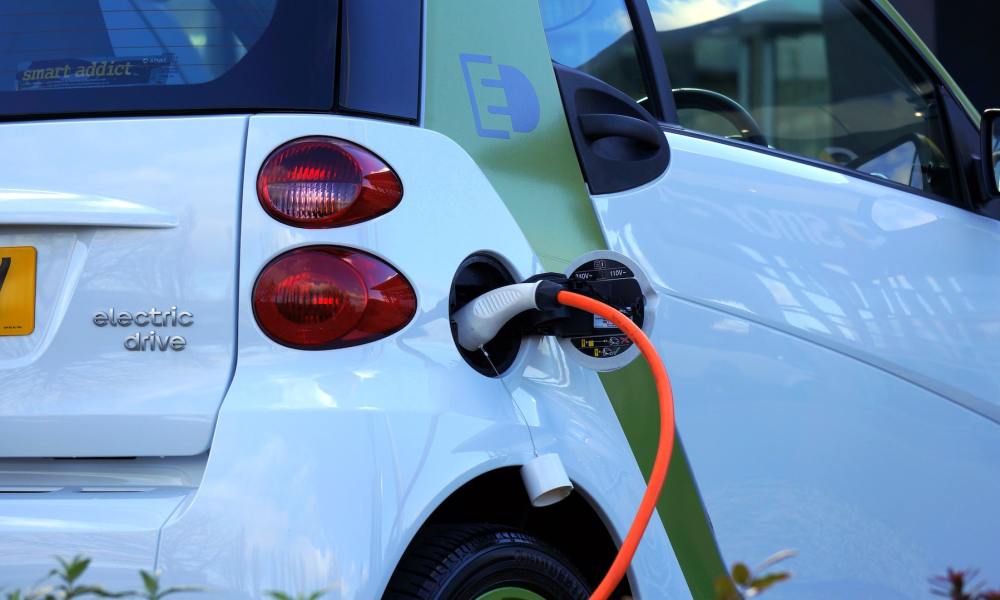|
Getting your Trinity Audio player ready...
|
More drivers are opting for an eco-friendlier car such as a hybrid or electric car and there’s plenty of reasons why. From lower running costs to the ability to get one on finance, a hybrid or electric car has never been more attractive. The petrol/diesel ban is also coming in 2030 which means that new car drivers will have to get either a hybrid or an EV. Now could be a good time for you to consider which fuel type to get next. The guide below has been designed to help you decide whether car financing is right for you and whether you should choose an electric car or a hybrid one.
Why get an eco-friendly car?
An eco-friendly car simply means a one that has a less harmful impact on the environment. Traditional combustion engines such as petrol or diesel cars release harmful pollutants into the environment that speed up the rate of climate change and accelerates global warming. In a bid to reduce your carbon footprint, getting an eco-friendly car such as a hybrid or electric car can help. There is a difference between electric and hybrid cars though and its worth looking at each in more detail.
Hybrid vs electric cars – what’s the difference?
Both hybrid and electric cars are classed as eco-friendly vehicles, but they are both different and EVs can be classed as fully ‘green’. However, hybrid cars aren’t as ‘clean’ as electric cars as there is still a petrol or diesel engine present.
Hybrid cars usually combine a petrol engine with a small electric motor and there are a number of hybrids to choose from. Full and plug-in hybrids can run on electric power alone, but mild hybrids use the electric motor to assist the engine instead. Full hybrids only tend to have small electric batteries though and have limited electric range. A plug-in hybrid could be the most cost effective as they usually include larger batteries and give an electric range if between 20-40 miles of zero-emissions driving. They can also be plugged in at home to recharge the batteries whereas full or mild hybrids do so through regenerative braking.
Electric cars don’t produce any harmful pollutants at all and instead are powered by an electric motor. The electric range of your EV depends on the make and model so it can be worth exploring different options to see which would be the most suited to your lifestyle. Once the electric range has ran out, you can either charge your EV at home by having a dedicated charging point installed or through a public charging network when you’re on the go.
Why choose to get an electric or hybrid car on finance?
For many people, electric or hybrid cars can be out of reach due to higher purchase price. The technology used in electric and hybrid cars is much more complex which increases the cars value. Drivers may consider hybrid or electric car finance to help spread the cost of ownership. Electric and hybrid cars can be bought on both PCP and hire purchase deals and means you can pay for your car over a term that suits you and within your financial budget. It’s worth remembering that car finance is never guaranteed though and if you have less than perfect credit, it can be a good idea to check your current credit score before you start applying.
Factors to consider before getting an eco-friendly car:
Whilst there are so many benefits of getting an environmentally friendly vehicle, there are a few factors you should consider first.
-
Credit score
When it comes to getting a car on finance, you credit score is really important. Having a better score can get you access to better interest rates and can help you get easier acceptances with lenders. If you are refused car finance because of poor credit score, it can be best to take some time to work on your credit before you start applying again.
2. Charging infrastructure
As mentioned above, full and mild hybrids can recharge their batteries through regenerative braking but if you need to recharge your EV or your PHEV, you will need a suitable charging structure in place. The easiest and cheapest way to recharge your car is at home and overnight. This is because it uses a low voltage and can take between 5-8 hours for a full charge. Not every driver will have the infrastructure at home to have an at home charge installed and relying on public charging points all the time can be time consuming and not very cost effective.
3. Range and daily commute
How often you use your car and how long you drive for can affect the type of EV or hybrid you will be suited to. When comparing the MPG of a diesel or petrol car with a full EV usually electric cars have a much shorter range. There are many more charging points being made available across the UK, but it is still not as simple as a 5-minute trip to refuel your car with petrol or diesel. The number of miles you drive each day is important and it can be worth comparing this with electric and hybrid models to see which would fit in with your lifestyle.



